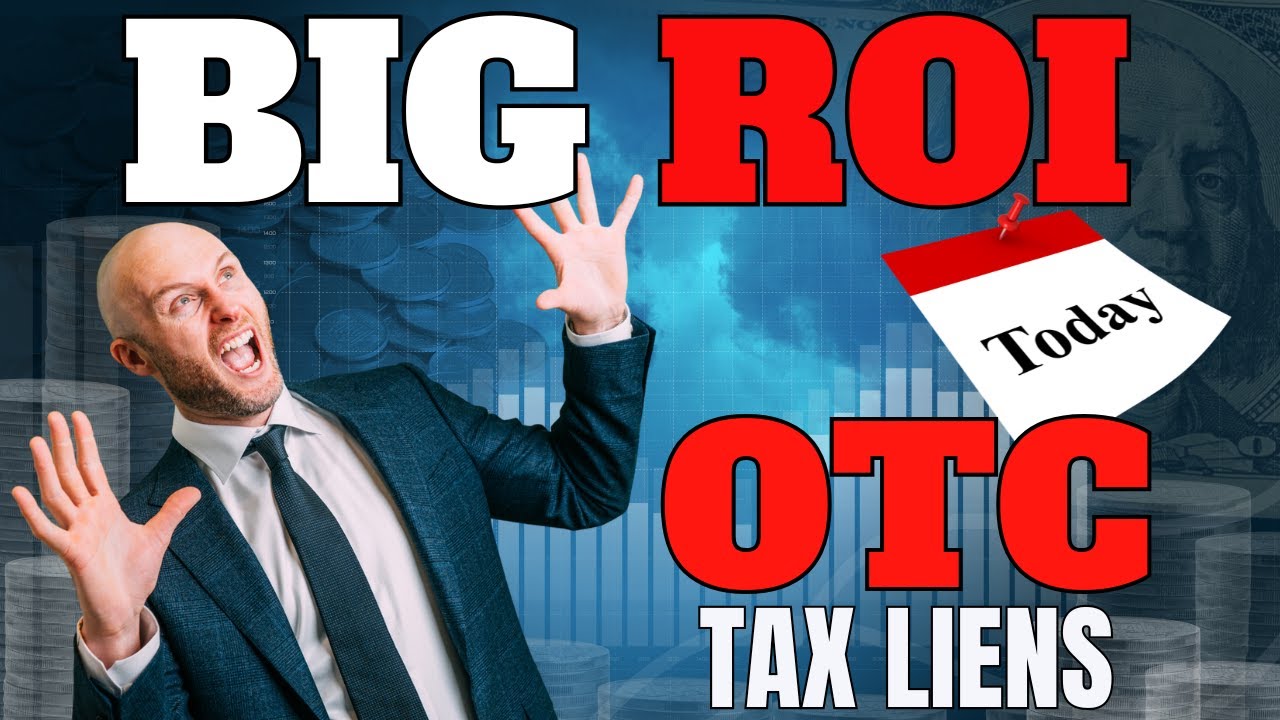Last Updated on October 23, 2025
Table of contents
Make Money with Over‑the‑Counter Tax Liens
People often look for ways to earn money outside the stock market. One option is to buy tax liens, which are claims on properties when the owners do not pay their taxes. In this blog about Over‑the‑Counter Tax Liens, you will learn what they are, how they work and why some investors like them.
What Are Over‑the‑Counter Tax Liens?
When someone doesn’t pay their property taxes, the local government files a tax lien against the land or house. This lien is a legal claim on the property. The county then sells the right to collect these unpaid taxes to investors. If the owner later pays the taxes, the investor gets their money back plus extra interest. If the owner never pays, the investor may be able to take ownership of the property.
Most tax liens are sold at public auctions. Over‑the‑Counter Tax Liens are liens that didn’t sell at the auction, so the county offers them directly to anyone who wants to buy. These liens often pay high interest because the county wants to encourage people to buy them. Returns can be in the double digits. In rare cases, the owner never pays, and the investor might end up getting the property for a very low price.
Why Over‑the‑Counter Tax Liens Can Be Attractive
Buying tax liens can be appealing for three main reasons:
- High interest – Counties set interest rates on liens to encourage investors, and these can be much higher than bank savings rates.
- Real property security – A lien is backed by land or a house. If the owner pays the taxes, you recover your money plus interest. If not, you might be able to claim the property.
- Low starting cost – You can begin with a small budget. Some liens cost just a few hundred dollars.
There are also important risks. You must research each property. You might have to pay extra fees or improvements. Only a small number of liens end with an investor getting the deed. Counties often remind buyers that they are buying the tax debt, not the property itself. Because of these risks, never invest money you can’t afford to lose and always check local rules.
How Over‑the‑Counter Tax Lien Investing Works
Here is a simple overview of the process:
- Learn the rules
Each state and county has its own interest rate and timeline. Some fix the rate; others let investors bid down the rate. Read your county treasurer’s website to see how it works.
- Find the list
After an auction, unsold liens become Over‑the‑Counter Tax Liens. Many counties post lists online. Search “county name + OTC tax lien list” to find them.
- Research the property
Check the property’s value, location and condition. Make sure there are no other liens or problems. County assessor sites and maps can help you.
- Buy the lien and wait
Register with the county and pay the tax debt. The owner has a set time, often one to three years, to pay you back. If they pay, you get your money plus interest. If not, you may apply for a deed. This step can take time and you may need to pay extra fees or repairs.
Because rules vary, always read local laws and ask the county if you have questions.
Frequently Asked Questions (FAQ)
A tax lien certificate means you paid the property taxes that someone else owes. In return, you can collect that amount plus interest when the owner repays.
If the owner does not pay within the set time, you may be able to start a foreclosure process and take the property. Few liens end this way, and the process can cost extra money.
No. Your profit depends on the local interest rate and whether the owner repays the debt.
Look up your county treasurer’s website for Over‑the‑Counter Tax Liens, sometimes called “county‑held liens.” Some experienced investors and educators share lists and tips during videos and webinars.
Final Thoughts
Over‑the‑Counter Tax Liens can help you earn interest backed by real property, and they have been around for hundreds of years. With careful research and patience, some investors even end up owning properties at low cost. But this is not a quick or guaranteed path. You should always learn the local rules, check each property and use this approach as one part of a bigger savings plan. When you feel ready, take action; turning learning into practice is the first step.






